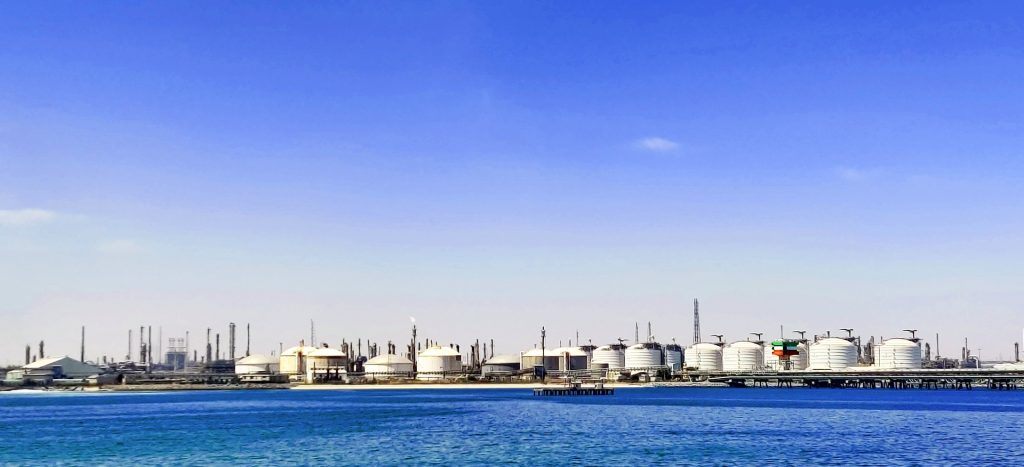The Saudi-backed Hassana Investment Co., led by BlackRock, had signed a lease-and-leaseback agreement amounting to $15.5 billion in 2021
American multinational investment company, Blackrock and a group of investors in the gas pipeline network of Saudi Aramco, have proceeded ahead with the selling of dollar bonds in a few batches to refinance a bridge facility that played an essential role while building up the stake.
The Saudi-backed Hassana Investment Co., led by BlackRock, had signed a lease-and-leaseback agreement amounting to $15.5 billion in 2021. This agreement made them the owner of a whopping 49% stake in Aramco Gas Pipelines.
As stated by Fitch Ratings, Hassana got a loan of $13.4 billion bridge facility to support its purchase of the stake. The group is in plans to issue amortized conventional bonds and Sharia-compliant financial certificates, and Sukuk refinances the bridge loan.
According to Moody’s, a credit rating agency, it was expected that the collaboration would raise $11 billion with a mixture of conventional US Treasuries and the Islamic bond, Sukuk. The weighted average life of Sukuk was kept at seven and a half years with a 10-year tenure. Likewise, the conventional US Treasuries bonds will possess a weighted average life of nearly twelve years, with a tenure of 15 years.
Price Guidance Differential
The price guidance for the Islamic Sukuk was kept uptight at 30 basis points to 210 basis points over the US Treasuries. This range of basis points was set after receiving orders for the sale of bonds worth $20 billion. Out of the $20 billion, buyers placed orders amounting to $16 billion towards Sukuk alone.
The Sukuk was launched at price guidance of 200 basis points over the US Treasuries of seven years, 245 basis points over the conventional 10-year US Treasuries, and 275 basis points over the 30-year Formusa US Treasuries. These are the three tranches in which the bonds are to be issued. The price guidance was later adjusted to 40 bps for the seven-year UST, 30 bps for the ten-year UST, and 40 bps for the thirty-year Formusa UST.
According to data from Tradeweb and Reuters calculations, the bonds that would mature in October 2030, which are being traded at present, had placed sukuk’s spread at about 120 basis points higher from the levels at which the bonds of Saudi Aramco were being traded.
Involvement of Supporting Entities
These kinds of high-responsibility deals involving tens of billions of dollars, with clients being the mammoths of their industry, Saudi Aramco in the oil industry, and BlackRock in the investment management industry, requires immense expertise in such deals to assure no room for error. Henceforth, this bond sale has three global supervisors, HSBC, JPMorgan, and BNP Paribas. Citi Bank, First Abu Dhabi Bank, MUFG Bank, and SMBC Nikko Bank are some other banks handling the deal.
While accounting for the risks involved in issuing debt bonds worth a whopping $11 billion, it would be a highly leveraged issue. So, to counter this default risk, it has been hedged by roping in two issuers.
Moody’s Investor Services have assigned GreenSaif Pipelines Bidco S.a.r.l. to manage the conventional US Treasury bonds and TMS Issuer S.a.r.l. to take care of the Islamic bonds, Sukuk. They have provided them with an A1 rating to both the UST and Sukuk. Another credit rating agency, Fitch Ratings, has assigned them an expected rating of A.
BlackRock Inc., in partnership with its other allied companies, owns 78.7 percent of the bond issuer from an aggregate vehicle. On the other end, Hassana Investment Co, the extended investment wing of Saudi Arabia’s General Organization of Social Insurance, owns the rest of the 21.3 percent stake.
